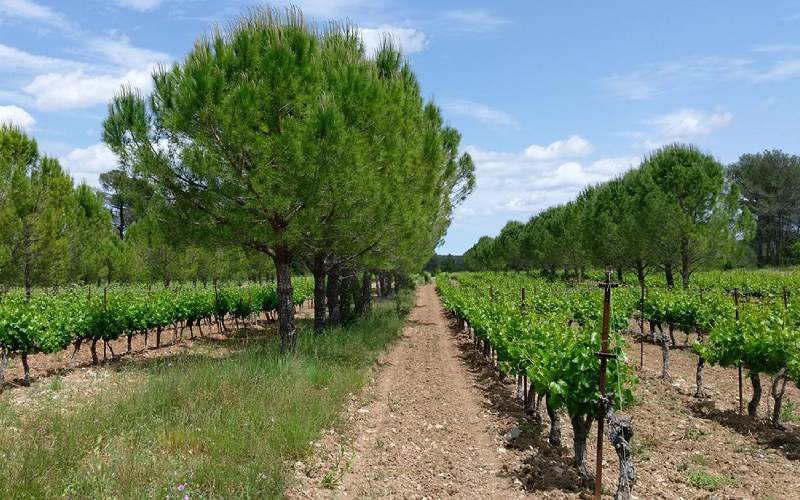
Surrounded by tall, spindly trees in western Kenya's Uplands Forest, Margret Njoki and her daughter dig up a row of potatoes, their hands moving rhythmically in time with one another. Along with the plot Njoki cultivates at home in the nearby town of Lari, this quarter acre (0.1 hectare) of forest land she leases from the government means she can double her yield of kale and potatoes.
In return, she agreed to plant and raise the trees growing among her crops, in a national scheme designed to curb illegal logging while giving farmers living near protected forests an alternative source of income.